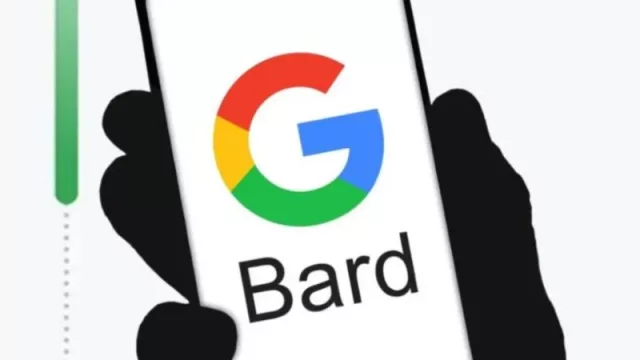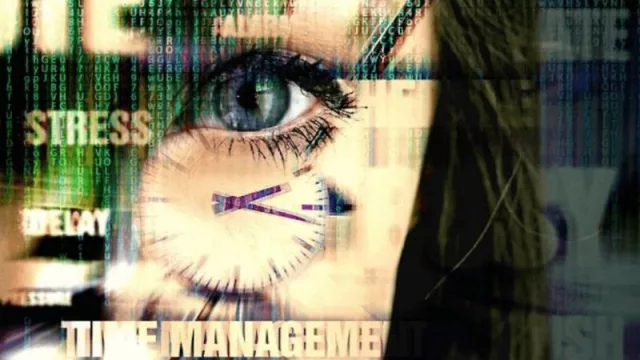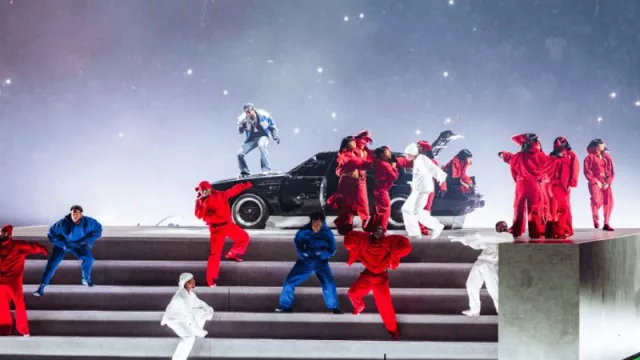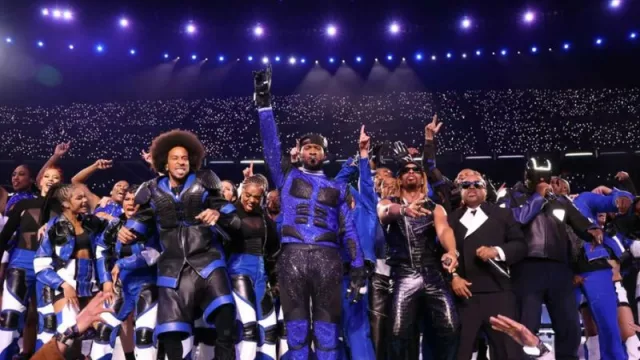In an increasingly competitive market of artificial intelligence (AI) and conversational chatbots, Google has finally decided to enter with its own proposal called "Bard" and super launched it in May. However, what many don't know is that two years ago, the company had the opportunity to lead this business, but the project was canceled due to concerns about its "dangerousness". Once again, the big question is, the problem is not AI, the problem is the lack of good use of AI and the potential danger of its misuse or lack of control. Shouldn't we revisit it?
Now, Google seeks to regain ground and compete with the successful ChatGPT developed by OpenAI, and it will accelerate, which will make everyone accelerate even more... IS THAT GOOD for humanity?
The History of AI at Google:
In 2018, two former Google engineers, Daniel De Freitas and Noam Shazeer, started working on the development of a chatbot called "Meena," with similar abilities to ChatGPT. They believed that this chatbot could revolutionize the way people search the web. However, the company's senior management decided not to launch the project, citing security concerns.
Frustrated by the lack of support, De Freitas and Shazeer left Google at the end of 2021 and founded their own company, Character.ai, which offers a chatbot capable of conversing with famous celebrities. This situation left Google at a disadvantage against OpenAI and its successful ChatGPT.
Today, Google and AI:
Despite the obstacles, Google has decided to enter the chatbot market with Bard. However, its arrival comes after Microsoft successfully integrated ChatGPT into its Bing search engine, gaining a significant advantage. The competition in this sector is becoming increasingly intense, with Meta presenting its chatbot LLaMA and the Chinese company Baidu also making progress in this area.
Google's decision not to launch Meena in the past shows its concern about the potential risks and ethical challenges associated with artificial intelligence. Elon Musk, CEO of Twitter and SpaceX, has been one of the most prominent critics of AI, warning about its dangerousness and calling for stricter regulations.
As conversational chatbots become more sophisticated, there is concern about distinguishing between human and machine interaction. There are also questions about the intellectual property of texts generated by AI, as they use information previously produced by real people.
Google, aware of the challenges, seeks to ensure that its chatbot Bard meets high standards of security and ethics. The company is focused on the development of the LaMDA system, which has been reviewed by external researchers to ensure its impartiality and safety.
Although Google starts at a disadvantage, its power and experience in the technology market could allow it to quickly regain ground. The launch of Bard is an important step for the company in its quest to make artificial intelligence a useful and accessible tool for everyone.
Google is not lagging behind in the world of artificial intelligence!
In addition to the launch of Bard, its own chatbot, the company has presented a series of innovations and advancements in this field during the annual Google developers' event, Google I/O 2023.
One of the highlights is that Google has opened Bard to 180 countries, which means that the free artificial intelligence tool is now available to a much wider audience.
Previously, Bard could only be accessed by invitation or waitlist, but now it has been made available to users worldwide. Sundar Pichai, CEO of Google and Alphabet, expressed his vision of making artificial intelligence a helpful tool for everyone. In line with this, Google has expanded Bard's language support. While currently available in English, Japanese, and Korean, the company plans to expand it to the "top 40 languages" in the world in the near future.
Another exciting feature is the ability to export Bard's responses to Gmail and Google Docs. This is useful for users seeking assistance in drafting emails and documents, as they can generate content using the chatbot and then transfer it to these platforms.
Google has also implemented visual enhancements to Bard. Previously, it could only be used with a white background, but now users have the option to use a black background as well. This update provides a more customizable and visually appealing experience.
Google is also working on improving Bard's multimodal responses. In addition to providing text-based responses, the chatbot can now include images in its answers. Furthermore, users will also be able to ask Bard questions using photos. For example, they can upload an image of a drawer filled with art supplies and ask the chatbot to provide a list of activities that can be done with those materials.
The integration of Adobe Firefly technology into Bard is also underway. This will allow users to generate new images based on text inputs. This feature adds to the recent integration of OpenAI's DALL-E 2 technology by Microsoft, enabling users to create images from text.
Google has also emphasized the importance of transparency in Bard's responses. Starting next week, the company will display more accurate information about the source of the information and provide specific details about the obtained code along with any relevant licensing information. This will help users better understand the origin of the responses provided by the chatbot.
In addition to Bard, Google has launched PaLM 2, its new language model (LLM). This model powers Bard and offers numerous improvements, including enhanced skills in mathematics, logic, reasoning, and programming. PaLM 2 has been trained in over 100 languages and 20 programming languages, making it a powerful tool for various applications.
With these launches and improvements, Google demonstrates its commitment to artificial intelligence and its desire to be at the forefront of this technology. Bard and PaLM 2 represent Google's latest advancements in the field of conversational chatbots and language models. These technologies are intended to enhance the interaction between humans and machines, allowing users to obtain more accurate and comprehensive answers to their queries.
In addition to Bard and PaLM 2, Google has presented other releases and enhancements during the Google I/O 2023 event:
-
Android 13: Google announced the upcoming version of its mobile operating system, Android 13. This new version promises improvements in privacy, security, and device performance. It also highlights new features such as the ability to customize the system theme and enhancements in the mobile gaming experience.
-
Google Assistant: Google's virtual assistant, Google Assistant, has also received significant improvements. It can now perform more complex tasks such as making restaurant reservations, scheduling appointments at beauty salons, and purchasing movie tickets. Additionally, a feature called "Continuity Mode" was announced, allowing users to have a continuous conversation with the assistant without having to repeat activation commands.
-
Google Workspace: Google introduced updates to its productivity suite, Google Workspace. New features have been introduced in applications like Google Docs, Sheets, and Slides, facilitating real-time collaboration and improving productivity. The integration of Google Meet into the interface of Workspace applications was also highlighted, enabling users to seamlessly conduct video calls during their team work.
-
Google Maps: The popular navigation application, GoogleMaps, received new features to enhance the user experience. A feature called "Live View Plus" was announced, which uses augmented reality to provide real-time visual directions to help users navigate complex environments such as airports and shopping centers. Improvements were also introduced to the "Explore" feature, which offers personalized recommendations for places to visit and nearby activities.
-
Google continues to innovate in various areas, including artificial intelligence, operating systems, virtual assistants, and productivity applications, with the goal of offering better services and experiences to its users.
-
During the Google I/O 2023 event, Google showcased its commitment to privacy and security. They announced advancements in privacy features, such as enhanced app permissions and controls, as well as increased encryption for user data. These measures aim to provide users with more control over their personal information and protect their privacy in an increasingly connected world.
-
Furthermore, Google emphasized its efforts to make technology more accessible and inclusive. They announced initiatives to improve accessibility features across their products and services, ensuring that people with disabilities can fully utilize and benefit from Google's technology.
Google's presence in the field of artificial intelligence is expanding with the introduction of Bard, their chatbot, and PaLM 2, their language model. These advancements, along with the releases and improvements in other areas such as Android, Google Assistant, Google Workspace, and Google Maps, demonstrate the company's commitment to pushing the boundaries of technology and providing innovative solutions to users worldwide.












Tu opinión enriquece este artículo: